There could be a few reasons why your Siberian Husky is throwing up. It could be anything from eating something they shouldn’t have to an infection or virus. If your Husky has thrown up once or twice and seems otherwise normal, it’s probably nothing to worry about. However, if your dog is vomiting repeatedly or showing other symptom’s of illness, such as lethargy or loss of appetite, you should take them to the vet to get checked out.
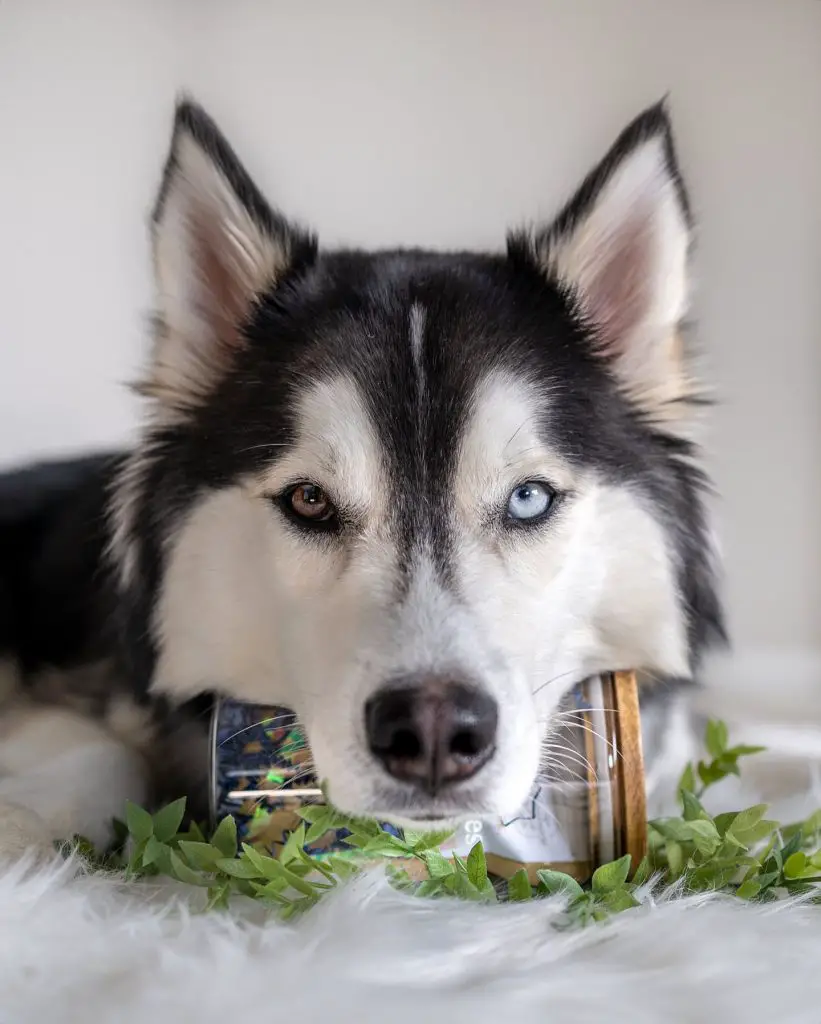
Reasons why your Husky is vomiting.
- Eating something they shouldn’t have
- Infection or virus
- Motion sickness
- Stress or anxiety
- Gastrointestinal issues
- Pancreatitis
- Cancer
If your Husky is throwing up and you’re not sure why it’s always best to err on caution and take them to the vet to get checked out. They will be able to determine the cause of the dog vomiting and provide appropriate treatment if necessary.
You may like: Why does my husky has diarrhea?
Husky Vomiting vs. Regurgitating.
Many people don’t think about whether their Husky is vomiting or regurgitating. Both processes are different and refer to different things. Therefore, it’s crucial first to clarify this issue.
Husky Vomit.
Dog vomit is defined as a forceful release of food particles that could have been partially digested inside the stomach or the intestines.Dog vomit is usually sour and is filled with bile in the stomach. An abdominal heaving or retching often accompanies vomiting. The dog will usually drool. Take a large amount of food or lick their lips frequently.
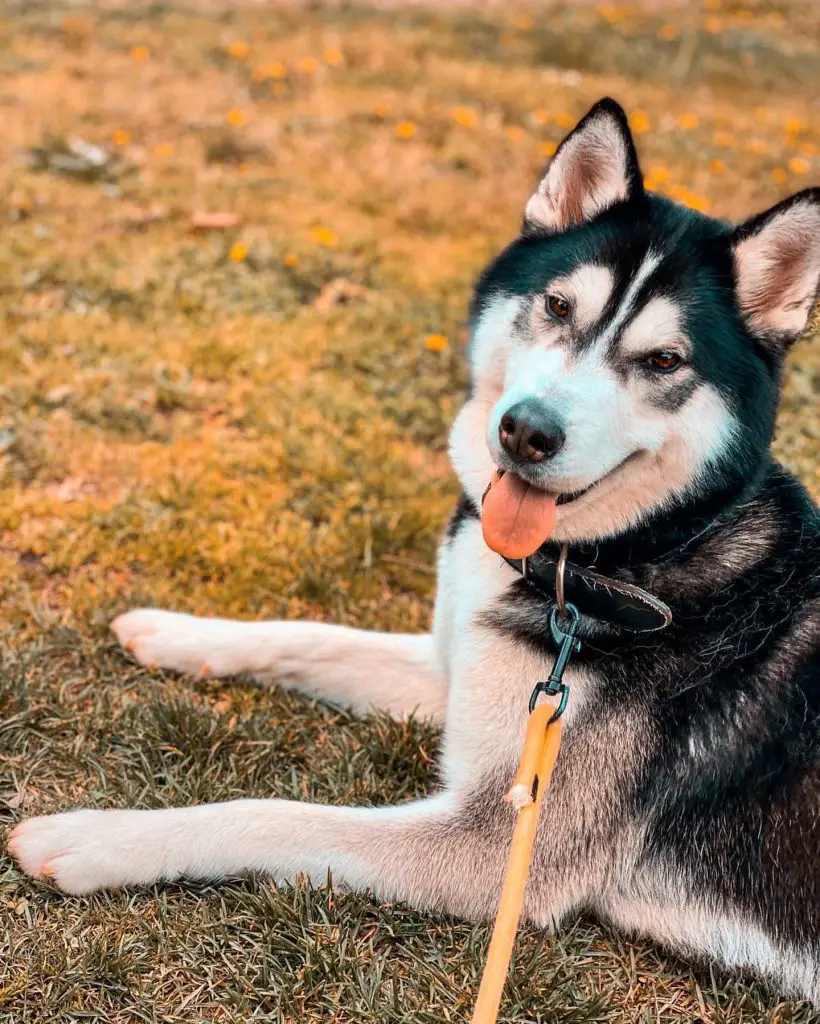
Husky Regurgitation.
Regurgitation occurs in the process where your dog spits out an insignificant amount of undigested food from his stomach. Regurgitation can occur immediately upon eating, and it doesn’t require excessive retching. Huskys usually feel fine after regurgitation but isn’t accompanied by nausea, as vomiting can be. It’s crucial to know if your dog is vomiting or is regurgitating. Vomiting can indicate that something is wrong, but regurgitation is more unpredictable.
You may like: Can chicken broth cause diarrhea in dogs?
Diet-related causes of vomiting in Huskys.
Do many people ask what I can give my pet when they vomit? However, the intake of foods in an upset stomach can trigger vomiting. You could consider the fasting method for your Husky for 24 hours, providing plenty of water.
Gastroenteritis.
Gastroenteritis is one of the most frequent reasons for vomiting. It’s an inflammation that occurs in the digestive tract and stomach due to an abrupt change in diet or ingesting an object that is foreign to the body.
You may like: How much does a one month old-siberian husky puppy eat?
Dog food allergy.
Food allergy typically appears as stomach or skin issues; however, they’re not as frequent in dogs as in humans.
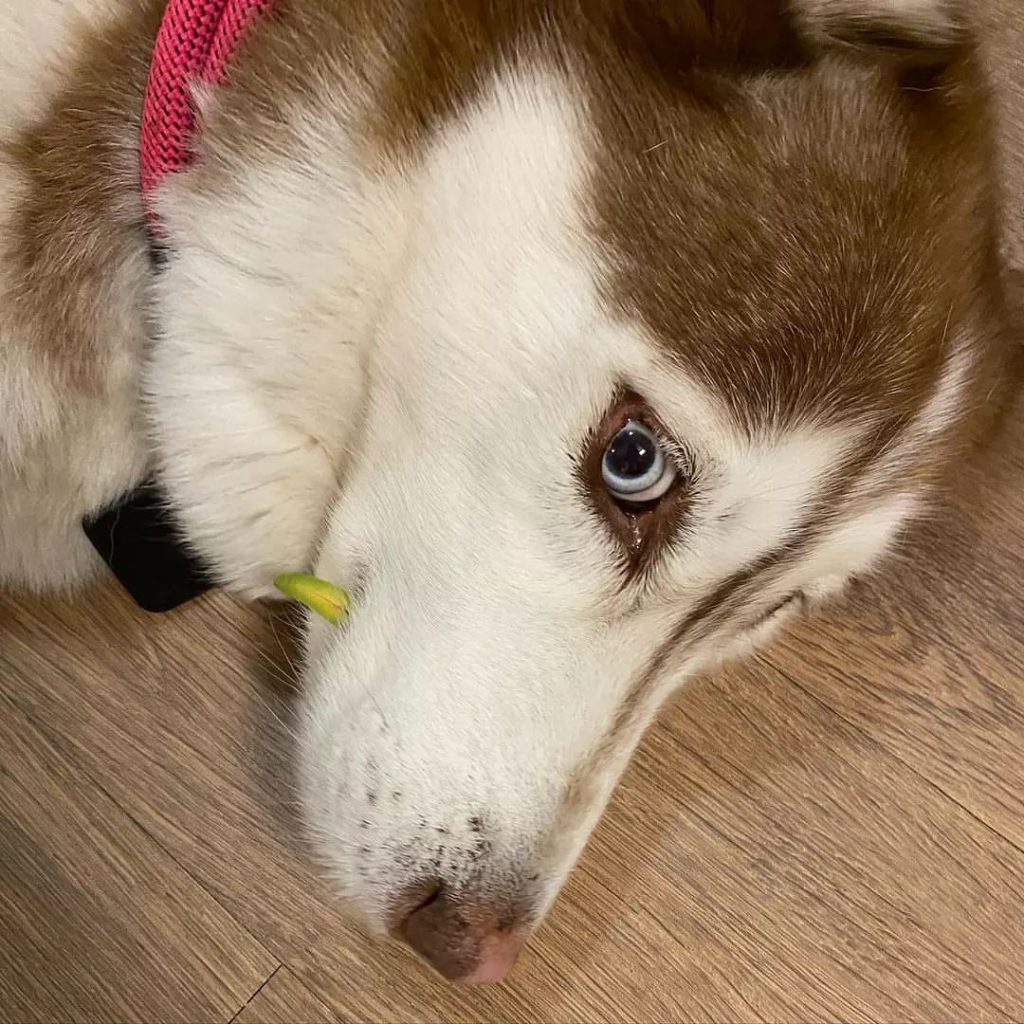
Dog Food Intolerance.
No one knows the reasons for food intolerances among dogs, but it could be due to a sensitivity to certain components or nutrients in food.
Bilious Vomiting Syndrome (BVS).
Bilious Vomiting Disorder is a reaction to bile in the dogs stomach, resulting in yellow and green intermittent vomiting. What to do: Feeding your Husky more frequently, especially at night, may reduce the severity of the problem.
You may like: Are Huskies large or medium dogs?
Pancreatitis.
Pancreatitis results from inflammation in the pancreas. It can manifest as chronic or acute episodes.
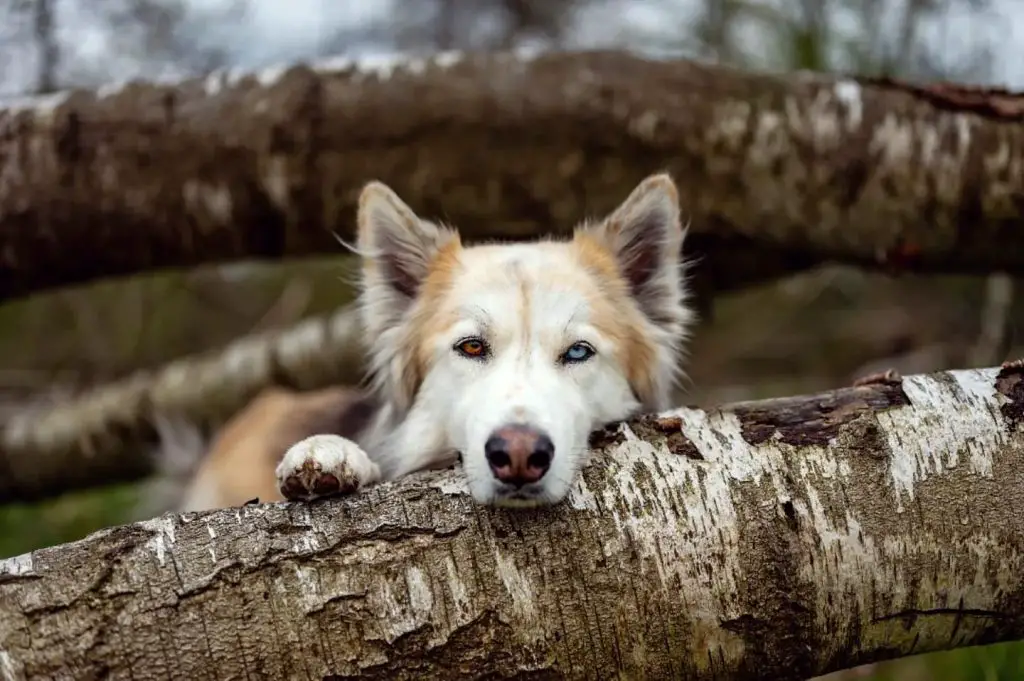
Environmental Reasons for dogs stomach problems and vomiting.
You may like: How do you take care of a husky?
Foreign Object Ingestion.
“Many dogs do not discriminate. Underwear, toys, rocks– whatever you want to call it, dogs will eat the item,” says Shmalberg. “These objects can become stuck in the drainage of the stomach or the intestines, causing the upset stomach to back up, which causes vomiting.”
Parasites.
While the term “parasite” generally brings to mind parasites, there are a variety of parasites that cause dogs to vomit that are completely inaccessible to the naked eye. The best way to prevent disease is to perform routine deworming and Fecal examinations.
You may like: why are grapes bad for dogs?
Toxins.
Chemicals, cleaning products, fertilizers, cleaners, antifreeze, topical flea, tick medication, and certain plants contain toxic substances that could severely risk your Husky.
What to do If your Husky experienced one of these substances directly before vomiting? Contact your veterinarian or the ASPCA poison control for more details.
Over-the-counter remedies.
Certain antacids, such as Famotidine (Pepcid), do not seem effective for dogs Others, such as omeprazole (Prilosec) and its prescribed counterparts, could be effective.

Natural remedies.
Ginger has natural anti-nausea properties and can aid in relieving nausea in dogs in certain situations; see dosing information here.
You may like: can huskies eat raw eggs?
Probiotics.
The use of probiotics in dogs, also known as “good bacteria,” could help in certain cases of vomiting, particularly those caused by inflammation or infection in the stomach or intestines of dogs.
Prescription medical treatment.
Maropitant (Cerenia) is now a popular anti-nausea drug for Huskies. Your vet might prescribe it to ease symptoms. Ondansetron and metoclopramide are a few names you could see when discussing the subject.
You may like: Can huskies eat cantaloupe?
Adjusting dogs diet.
If you are dealing with vomiting issues in pets, the veterinarian may suggest eating a more digestible diet, like a fresh dogs diet made of small amounts of meat, such as poultry, potatoes, or rice. A more digestible diet may aid in preventing excess material from entering the large intestine and triggering the process over and over.
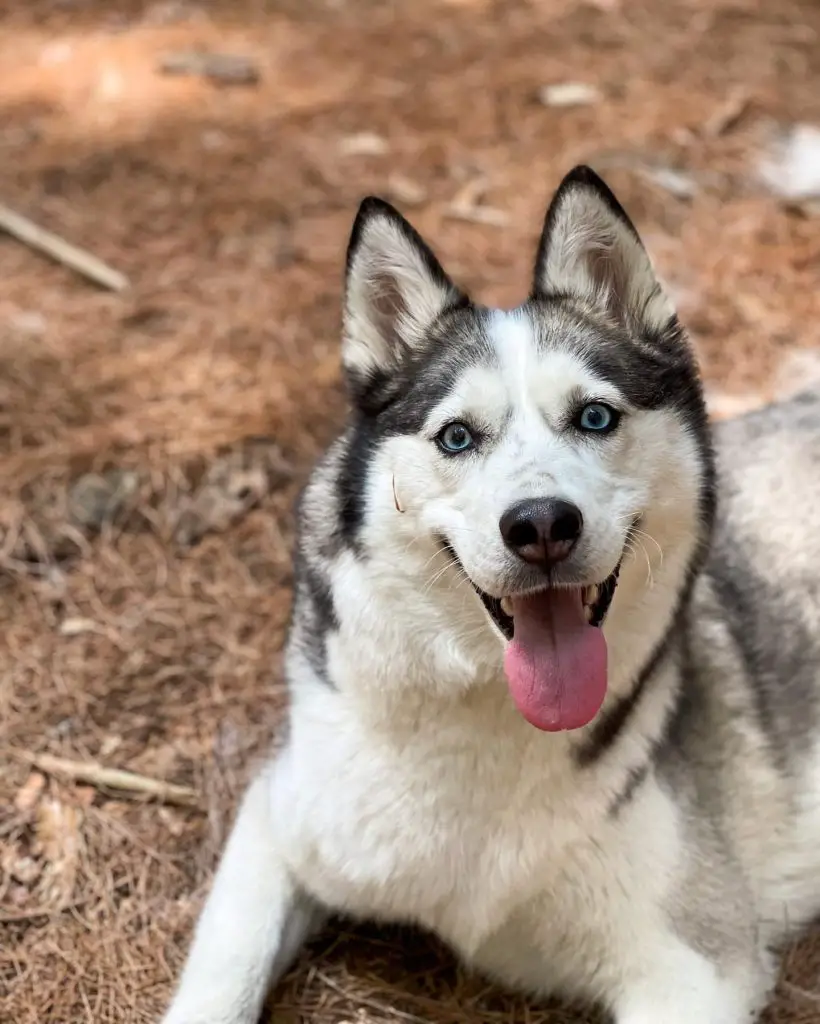
Conclusion.
There are a few potential reasons why your husky might be throwing up, so it’s always best to take them to the vet to get checked out. Some causes could be harmless, such as eating something they shouldn’t have, while others could be more serious for dog health, like pancreatitis or cancer. If your Husky is vomiting repeatedly or showing other symptom’s of illness, make an appointment with your vet right away.



